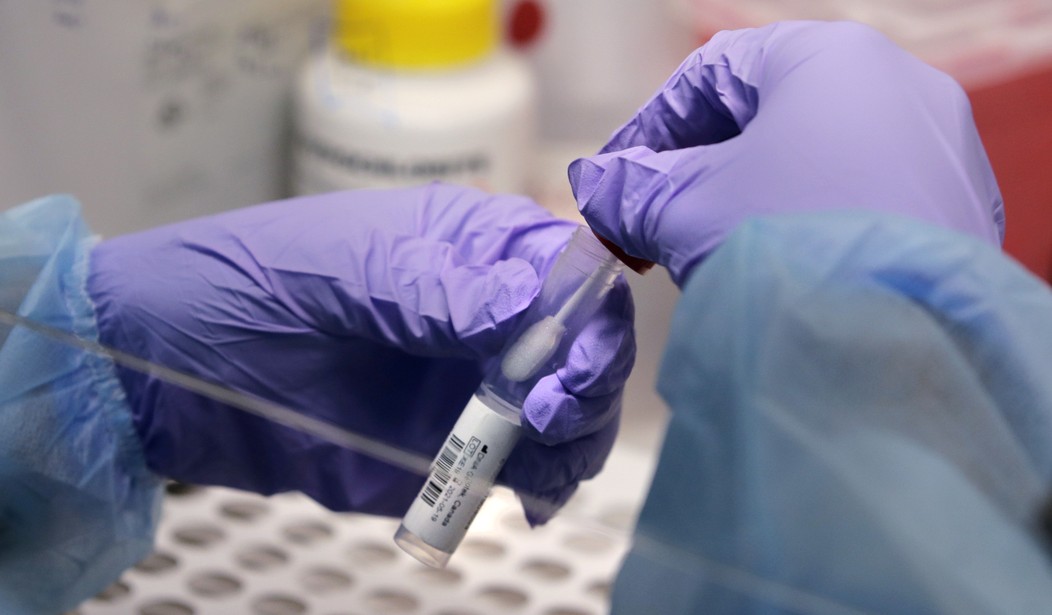
If the insanity over COVID wasn’t bad enough, we now have a new debate: long COVID. Yes, I know we’ve been discussing it for months. People exhibiting the initial symptoms of infection weeks, even months, after they’ve recovered from contracting the pathogen. And again, the media and the lockdown crew tried to weaponize it to keep us in fear. We, for the most part, no longer care. Concerts, sporting events, eating at restaurants—they’re all back and here to stay. The pandemic is over—stay home for those who can’t cope.
The irony is the fascination with long COVID, which the panic peddlers will continue to hammer away in the press to drum up support for another social distancing experiment, has led to a remarkable discovery: the studies are inaccurate (via BBC):
The risk of contracting long COVID may have been exaggerated due to flawed research, leading to unnecessarily high levels of anxiety about suffering from it, a new study has suggested.
"Major flaws" in the literature on the condition likely exaggerated the true threat of contracting it, the new research argues.
For most people with COVID-19, they feel better within days or weeks, but some can have symptoms for longer than three months.










